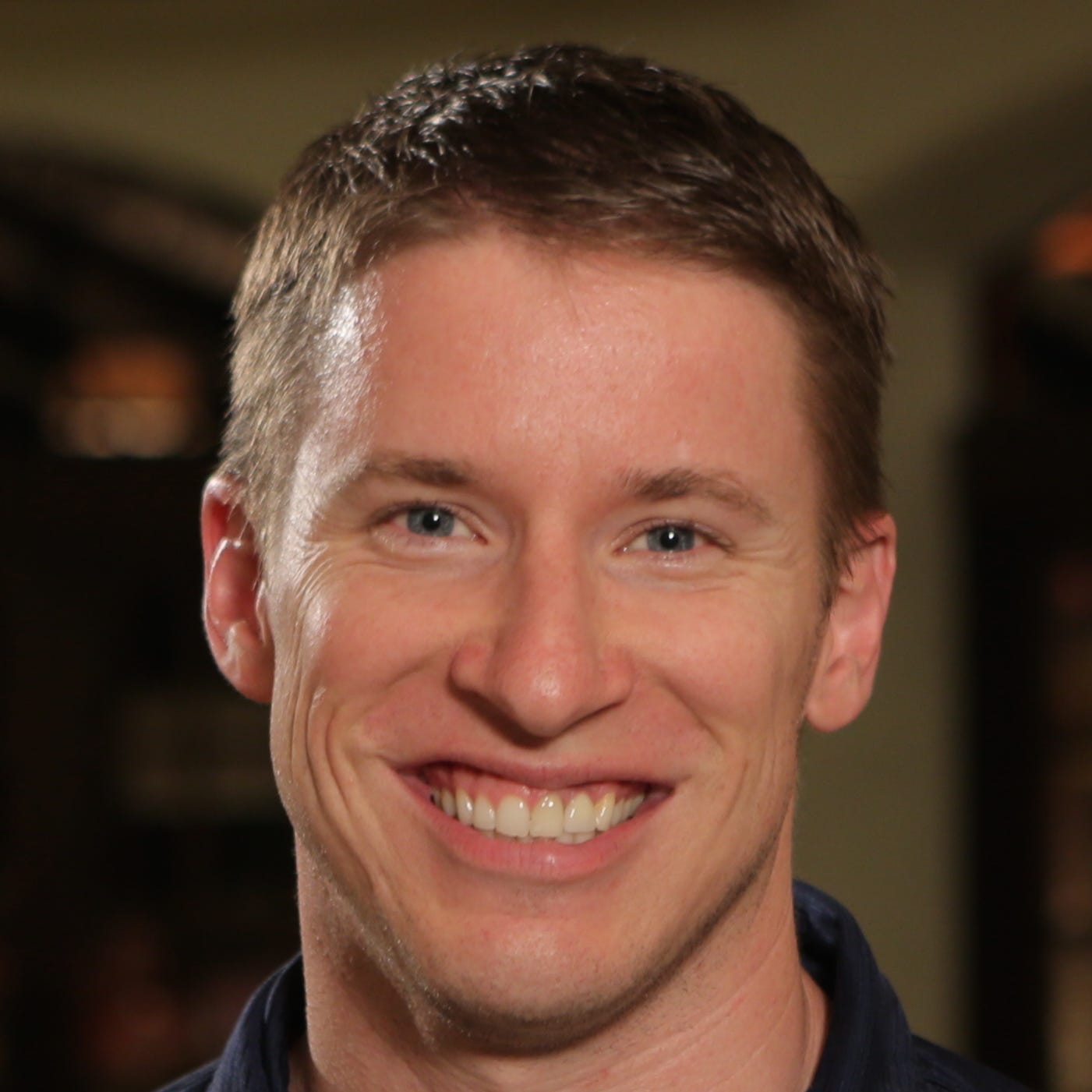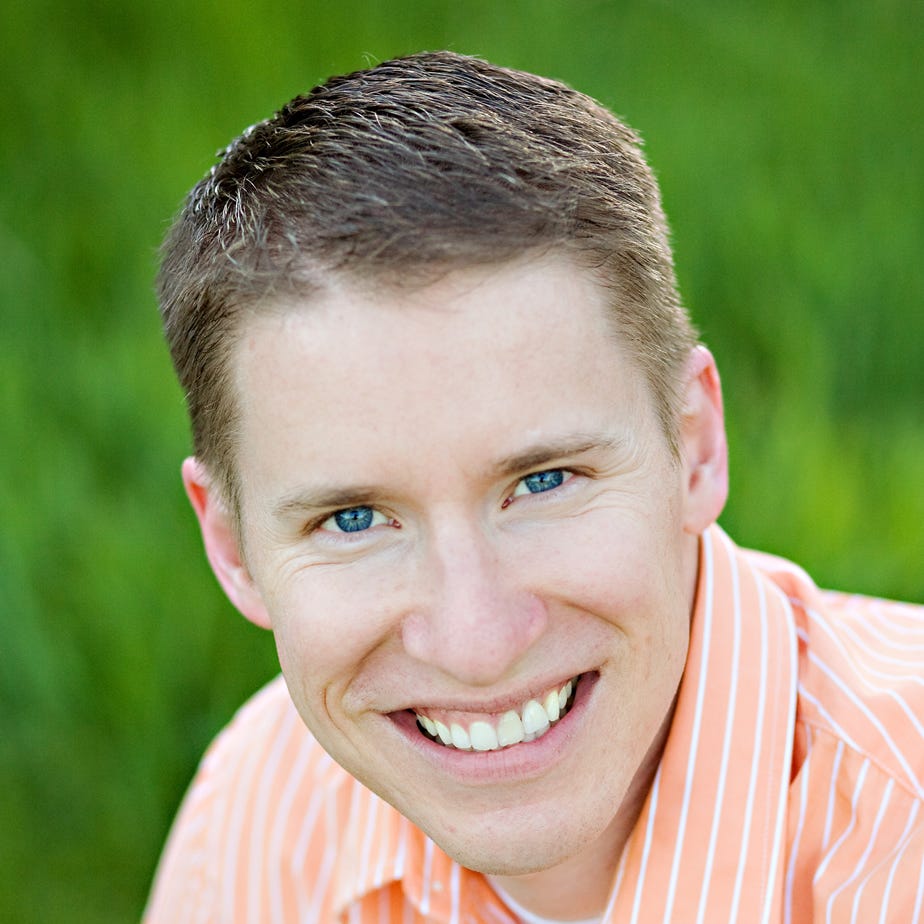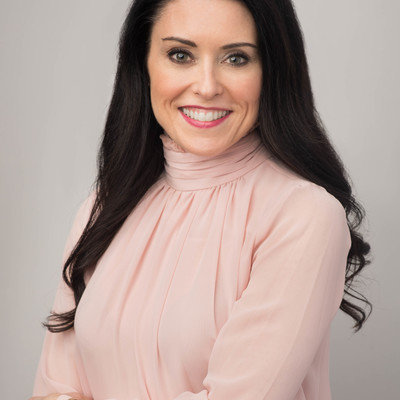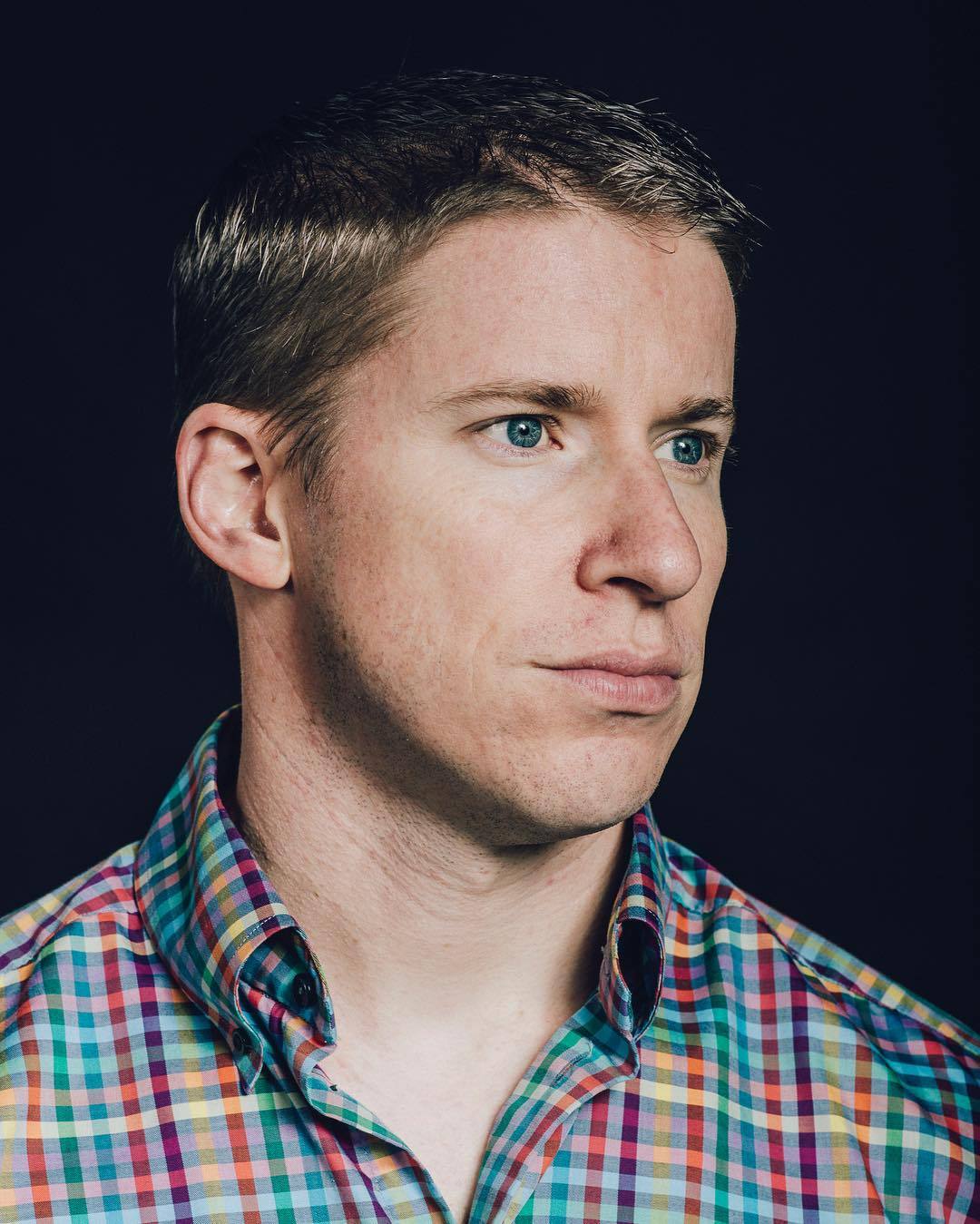You don’t need to be an expert in order to have a good idea that’s worth sharing. I would sometimes paralyze myself early on, thinking I needed to know every nook and cranny of a subject before I could even state an opinion. The writing is the learning a lot of the time. The faster you get to writing, the faster you’ll learn.
Aspart of my series on the “5 Things You Need To Know To Write A Bestselling Book” I had the pleasure of interviewing bestselling author Jesse Mecham.
Jesse Mecham is the founder of YNAB. He teaches individuals, families, and business owners Four Rules for thinking about their money in a whole new way. While broke and a newly married college student, Jesse launched his original software as a spreadsheet…and it made money. (The software has come a long way since then.) When not teaching people how to budget, Jesse loves gardening, CrossFit, marksmanship, woodworking, and travel. He also spends a good bit of time with his wife and the six small people that live in their house with them.
Thank you so much for joining us! Can you share a story about what brought you to this particular career path?
Ever since high school I knew I enjoyed the writing process, but that was almost rooted out of me once I got a master’s degree in accountancy. In college, while working on obtaining my CPA license, I slowly began to share my thoughts on effective money management through my blog. I soon realized there was something to this whole “writing” thing — and maybe one could even make a living doing it!
What was (so far) the most exhilarating or fulfilling experience you’ve had as an author?
This is maybe a bit strange, but about a year after my book launched, I was walking through a random bookstore looking for something else entirely (because one never looks for their own book…never…); I happened to look down and right at about knee height was You Need A Budget. I felt this excitement bubble up inside me as if I was seeing it on shelves for the first time. I couldn’t help but tell the random stranger standing next to me, “Hey, that’s my book!” He ended up buying it.
What was the craziest, weirdest, wildest experience you’ve had as a bestselling author?
I have six kids at home, from 14 down to three years old, so compared to that daily lifestyle, most of what I experience is downright “ho hum.” No, honestly, what really surprised me the most was how much I enjoyed recording the audiobook. I thought it would be an arduous, soul-sucking experience, and it turned out to be quite the opposite. It was hard work, but I found it to be extremely satisfying!

What is the greatest part about being a successful, bestselling author?
Oh, life goes on just about the same as before you wrote the book. I do believe it’s helped my software business grow a bit, and it’s helped me get my foot in the door without coming across as too much like a salesman. But for the most part, the day before and after becoming a bestselling author were pretty darn similar. We may have even eaten leftovers that second day. So even dinner was the same. It’s important for people to know that your life does (and should) go on the same.
What is the one habit you believe contributed the most to you becoming a bestselling writer?
I’m not good at very many things, but I am good at setting a deadline far in the future, then chunking my work backward until I realize I’m only two weeks behind. While there may be some discipline there, I think the strength comes in the planning and the guaranteed realization that this is doable. I leave room for laziness, off days, woodworking, and snafus, but the schedule keeps me honest and keeps me motivated to just knock out bits at a time. It’s really important to set a schedule that has room for a little bit of everything to happen.
Which writer or leader has had the biggest impact on you as a writer?
I love the writing of Michael Pollan. I’d love to meet him, but I’d really love to maybe plant some stuff in his garden with him. Or bake a loaf of bread. Or hold a barbecue. I love how he approaches topics through experience and then masterfully conveys that experience in written word. He’s a renaissance man, and I aspire to be that one day!
What was the biggest challenge you faced in your journey to becoming a bestselling author? How did you overcome it?
My biggest challenge was overcoming the idea that the ideas I had formulated weren’t worthy of a book. I felt like I had “said it all” and failed to recognize early on how having a well-written, thoroughly-edited, curated, long-form medium that is the book is a really nice, approachable way to get your ideas out into the world. Not everyone wants to read bits and pieces from blogs and podcasts. They want to sit down and get the whole of it. I needed convincing of that (over years) and once I finally stubbornly came around, we were off to the races.
What challenge or failure did you learn the most from in your writing career? What lesson(s) did you learn?
The biggest lesson I learned was that it’s okay to feel overwhelmed at the outset of the writing project — which is exactly how I felt. You just start with the end in mind, break it up into very, very manageable, non-overwhelming, easily-doable chunks of work and knock out that work each day, first thing in the morning.
What are the 5 things you would tell your younger self who was just starting out on their writing journey?
- Write every day. When I take breaks from writing in order to run my software business, I miss it (and my writing quality degrades).
- Write down random thoughts, and revisit those thoughts weekly to see if there’s anything you need to flesh out. I use an app on my phone for this, but you could carry around a small notebook, or even record some voice memos. Ideas come at the most random moments.
- You don’t need to be an expert in order to have a good idea that’s worth sharing. I would sometimes paralyze myself early on, thinking I needed to know every nook and cranny of a subject before I could even state an opinion. The writing is the learning a lot of the time. The faster you get to writing, the faster you’ll learn.
- Find people that will give you honest feedback, and listen to them some of the time. Every once in a while, trust your gut and go against the feedback. Even if you’re wrong that time, it’s good practice.
- Publish your work. Whether you self-publish or sell your work to a publisher, get your work out there early so you can put yourself through the gauntlet that is “strangers-reading-your-personal-stuff.” It thickens your skin and makes you have to buy-in to the process early on.

What are you most excited to work on next? Most excited to read next?
I’m working on a shorter-form book that is much more prescriptive, and action/challenge-oriented in the personal finance space. I’d love for it to be a book people re-read a few times each year, then begin to take action on to correct their financial situation.
You are a person of great influence. If you could inspire a movement that would bring the most amount of good to the most amount of people, what would that be?
Well, this may be terribly obvious, but I would love to inspire a movement where people only spent money on things that truly brought them value — and value over the long-term, not just value for the sake of convenience. The world would be a better place environmentally, financially, emotionally — even spiritually — if we could all be a bit more honest with ourselves about how our money should be doing things that bring us joy.
Thank you so much for these great insights!


